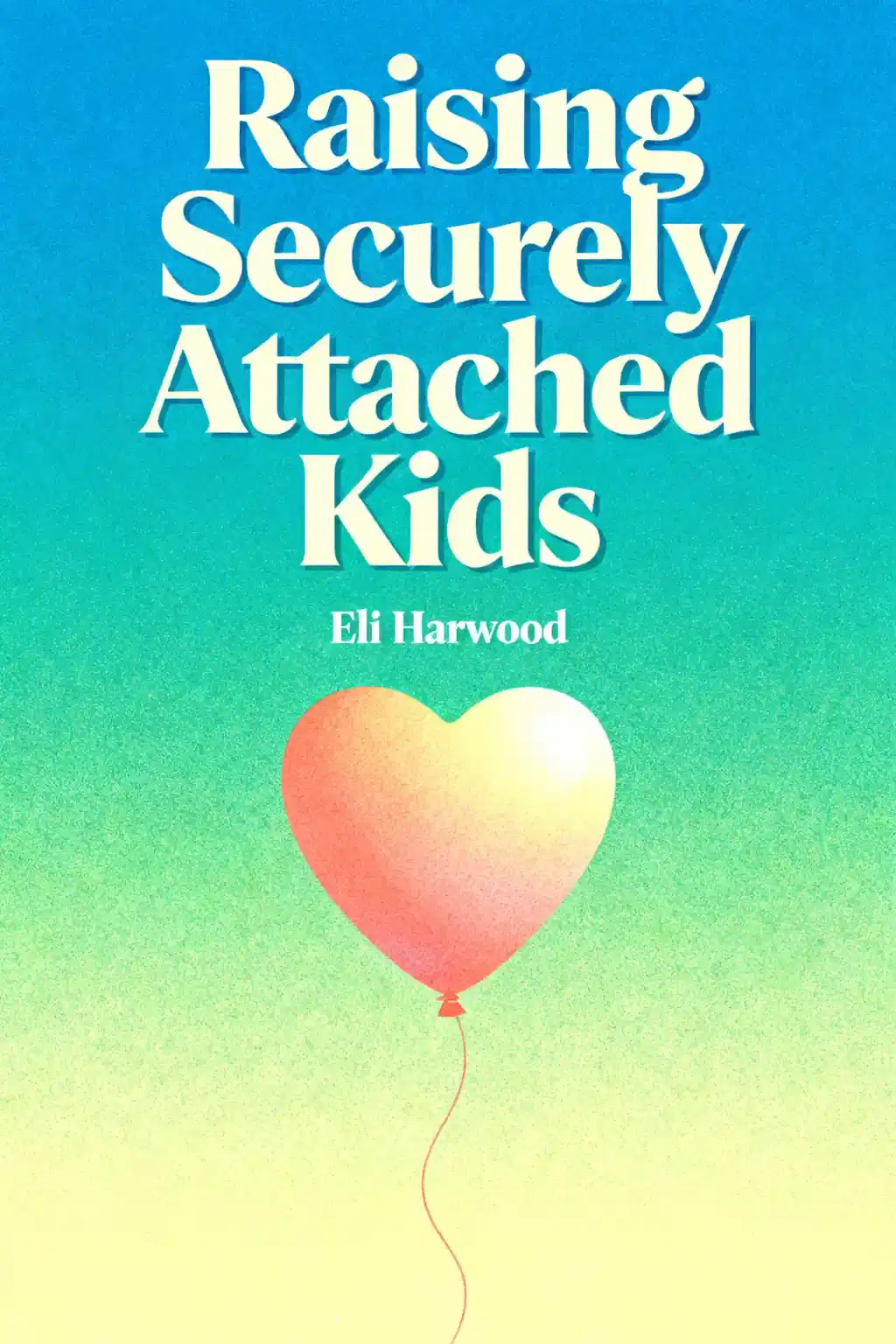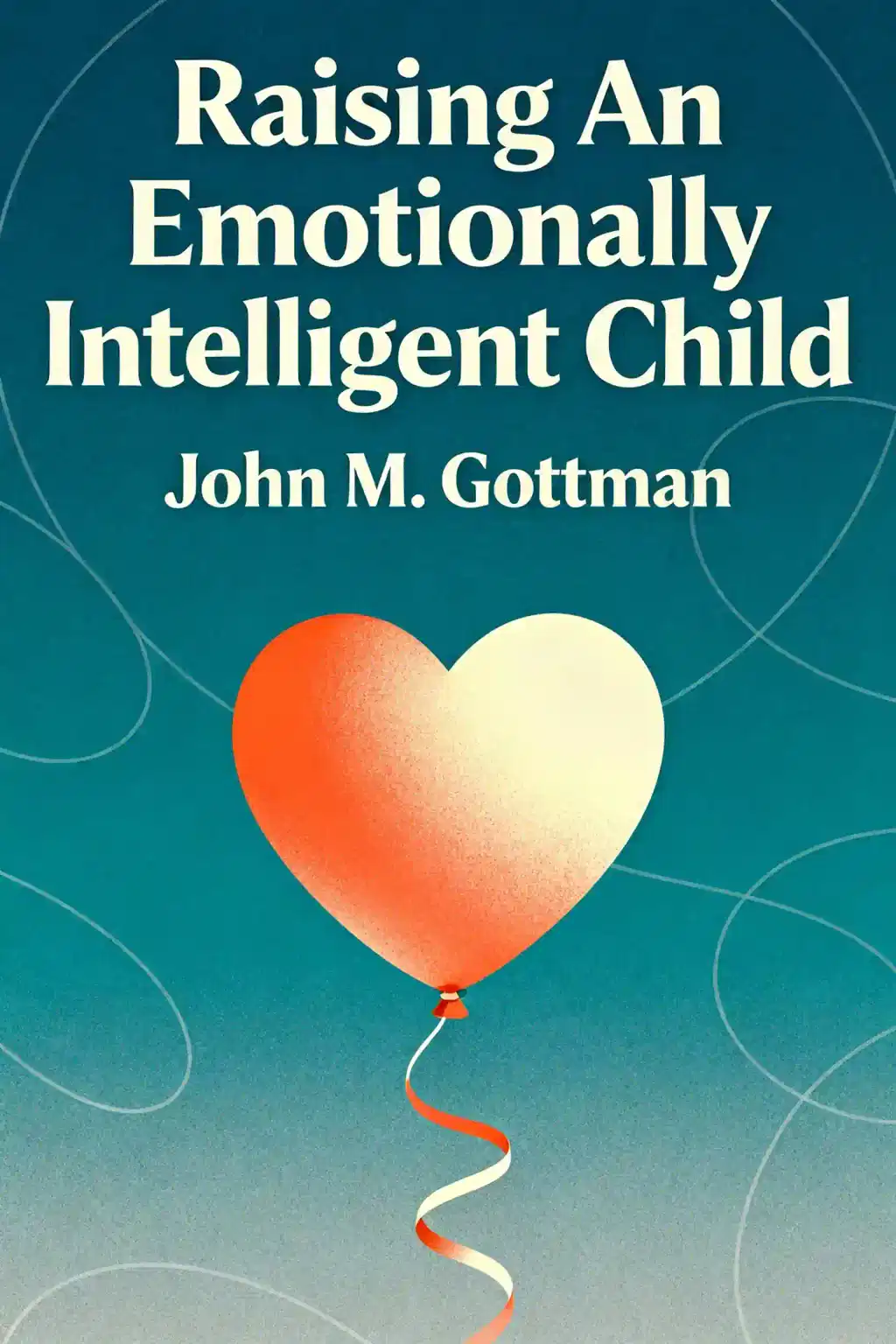
Unlocking Parental Intelligence by Laurie Hollman Summary
Overview of Unlocking Parental Intelligence
Unlocking Parental Intelligence reveals a revolutionary five-step process that transforms child misbehavior into opportunities for connection. Dr. Hollman's acclaimed approach has reshaped modern parenting by asking: What if your child's difficult moments are actually invitations to deeper understanding?
Similar books to Unlocking Parental Intelligence
Feel the book through the author's voice
Turn knowledge into engaging, example-rich insights
Capture key ideas in a flash for fast learning
Enjoy the book in a fun and engaging way
Quick Summary Mode - Read or listen to Unlocking Parental Intelligence Summary in 9 Minutes
Break down key ideas from Unlocking Parental Intelligence into bite-sized takeaways to understand how innovative teams create, collaborate, and grow.
Flash Card Mode - Top 8 Insights from Unlocking Parental Intelligence in a Nutshell
Distill Unlocking Parental Intelligence into rapid-fire memory cues that highlight key principles of candor, teamwork, and creative resilience.

Fun Mode - Unlocking Parental Intelligence Lessons Told Through 19-Min Stories
Experience Unlocking Parental Intelligence through vivid storytelling that turns innovation lessons into moments you'll remember and apply.
Personalize Mode - Read or listen to Unlocking Parental Intelligence Summary in 0 Minutes
Ask anything, pick the voice, and co-create insights that truly resonate with you.

From Columbia University alumni built in San Francisco
"Instead of endless scrolling, I just hit play on BeFreed. It saves me so much time."
"I never knew where to start with nonfiction—BeFreed’s book lists turned into podcasts gave me a clear path."
"Perfect balance between learning and entertainment. Finished ‘Thinking, Fast and Slow’ on my commute this week."
"Crazy how much I learned while walking the dog. BeFreed = small habits → big gains."
"Reading used to feel like a chore. Now it’s just part of my lifestyle."
"Feels effortless compared to reading. I’ve finished 6 books this month already."
"BeFreed turned my guilty doomscrolling into something that feels productive and inspiring."
"BeFreed turned my commute into learning time. 20-min podcasts are perfect for finishing books I never had time for."
"BeFreed replaced my podcast queue. Imagine Spotify for books — that’s it. 🙌"
"It is great for me to learn something from the book without reading it."
"The themed book list podcasts help me connect ideas across authors—like a guided audio journey."
"Makes me feel smarter every time before going to work"
From Columbia University alumni built in San Francisco

Get the Unlocking Parental Intelligence summary as a free PDF or EPUB. Print it or read offline anytime.
























